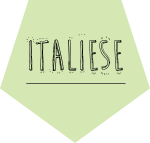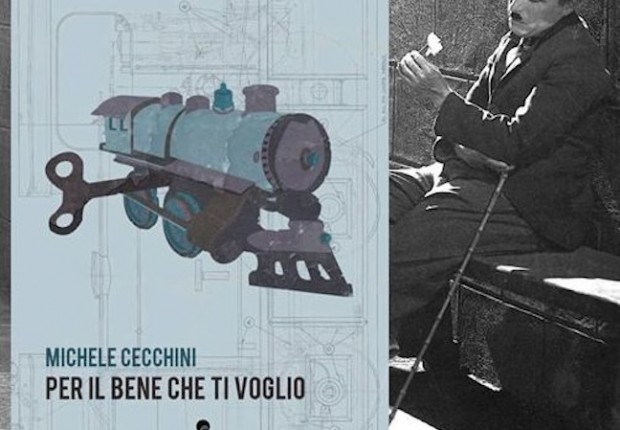Source: Corriere del Mezzogiorno
In 4-5 months it will be available online. It collects a particular vocabulary created by immigrants in North America.
NAPLES – Until now it was known as the language of the “maccaroni”, the language that the Italian immigrants spoke in North America, a mix of a little Italian with the slang of the new cities. Today, on the menus of North American restaurants the presence of Italiese is still evident. It’s a language that is half Italian and half English, an Anglicized Italian or an Italianized English. It used to indicate a certain type of food or culinary preparation of the mix between the two languages and the two cultures. It symbolizes a vocabulary so suggestive that it has been repeated several times in the literature too. It’s a language used in gastronomy, but, of course, also in all other fields of daily life. The idea, therefore, of an Italiese language dictionary that collects that particular lexicon created by Italian immigrants in North America (especially in Canada, but also in the United States), responds to a need for knowledge and official recognition felt for decades. In addition, the dictionary will be available online, available to scholars and enthusiasts. The idea, first started from the Department of Italian Studies in Toronto, which every year has 1200 members and was adopted by the University of Naples ‘Orientale, which will present the project on Monday 27 April. On this occasion, the definitive time of the online publishing will be announced (approximately 4-5 months), and the active participation of the Oriental in the final version of the dictionary will be claimed. Historical curiosity: Italiese was born as a survival language. The first immigrants, those who earned their bread working hard, dialectized or Italianized English terms and expressions, also to feel more at home and to have less difficulty in expressing themselves. This is how the word ceiling became “silingo”, basement became “basamento”, car became “carro”, pick became “picco” and so on.





Leave A Comment